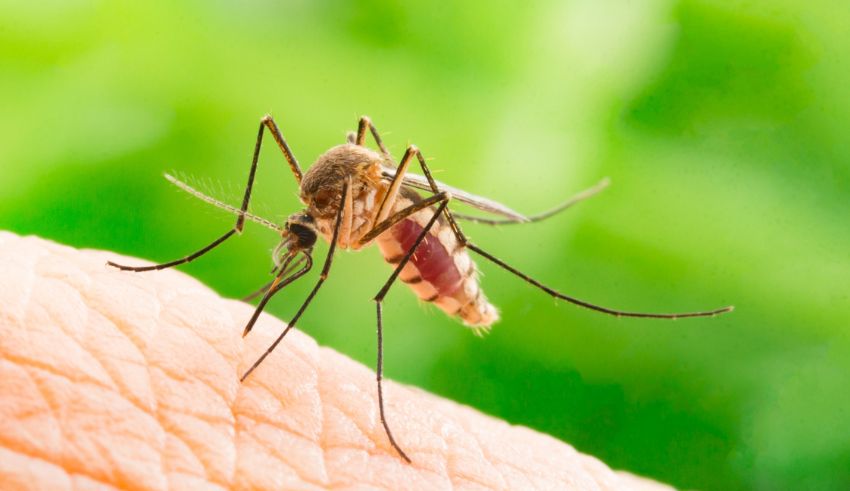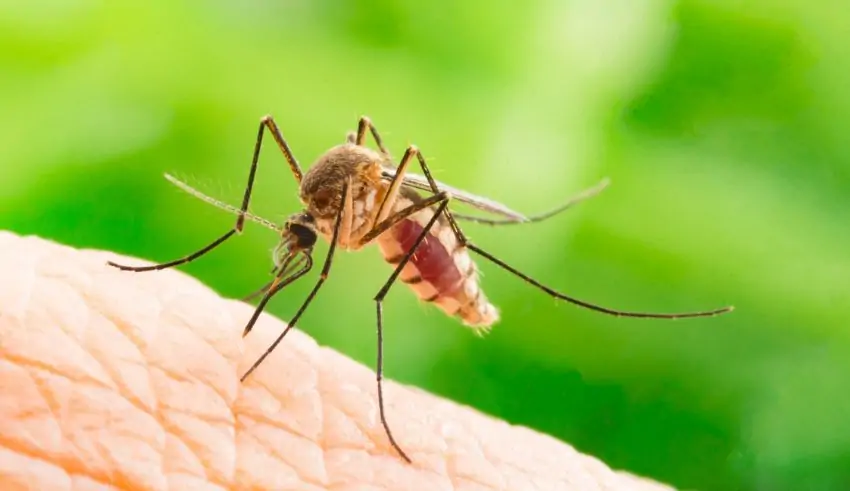

(C) livable cities
Indonesia is planning to release 200 million genetically modified mosquitoes in Bali as part of an experiment to combat dengue fever, a potentially fatal disease that affects millions of people in the country every year.
The project, which is funded by the Bill and Melinda Gates Foundation and led by the World Mosquito Program (WMP), aims to reduce the transmission of dengue by infecting the mosquitoes with Wolbachia, a bacteria that blocks the virus from replicating in the insects.
The WMP claims that the Wolbachia-infected mosquitoes, which are harmless to humans and the environment, will mate with the wild population and pass on the bacteria to their offspring, eventually creating a dengue-resistant generation of mosquitoes.
The trial, which is expected to start in early 2024, will cover six districts in Bali, including the popular tourist destinations of Denpasar, Kuta and Ubud. The WMP says it has conducted extensive community engagement and obtained approval from the local authorities and the Indonesian government.
However, the plan has also sparked criticism and controversy from some environmental and health activists, who fear that the release of genetically modified organisms (GMOs) could have unforeseen consequences and pose ethical dilemmas.
“We are not lab rats. We have the right to know the risks and the long-term effects of this experiment,” said Dewi Sartika, a coordinator of the Bali Anti-GMO Network, a coalition of civil society groups that opposes the project.
Sartika said that the WMP has not provided enough information and transparency about the potential impacts of the Wolbachia-infected mosquitoes on the ecosystem and human health. She also questioned the effectiveness and necessity of the project, given that there are other ways to prevent and treat dengue, such as improving sanitation, eliminating mosquito breeding sites and using natural repellents.
“We are not against science and innovation, but we are against the imposition of a technology that is not proven and not appropriate for our context,” she said.
The WMP, however, insists that the Wolbachia-infected mosquitoes are safe and have been successfully tested in 12 countries, including Australia, Brazil, Vietnam and Sri Lanka. The WMP says that the results have shown a significant reduction in dengue cases and no negative impacts on the environment or human health.
“The Wolbachia method is a natural, self-sustaining and cost-effective way to protect people from dengue and other mosquito-borne diseases,” said Dr. Adi Utarini, the director of the WMP Indonesia. “We have done rigorous research and followed the highest ethical and regulatory standards to ensure the safety and efficacy of this approach.”
Dr. Utarini said that the WMP has been working closely with the local communities and stakeholders in Bali to inform them about the project and address their concerns. She said that the WMP has received positive feedback and support from most of the people in the trial areas.
“We respect the views and opinions of everyone, but we also hope that they will respect the scientific evidence and the decision of the authorities who have approved this project,” she said. “We believe that this is a valuable opportunity for Indonesia and Bali to be part of a global effort to eliminate dengue and improve public health.”
Through software update Nothing OS 3.1 the company improves functionality of Phone (3a) and Phone (3a) Pro models. Global service…
China's electric vehicle (EV) giant BYD has officially taken over the global EV market, with a whopping revenue of 777…
The Japanese women’s curling team has a tough road to qualification for the 2026 Milan-Cortina Winter Olympics. Having silver and…
Rajasthan Royals vs Kolkata Knight Riders will be playing matchesin the Indian Premier League 2025 match at Barsapara Stadium, Guwahati…
Vietnam becomes the rising star for that tourism scene in the annals of Southeast Asia; it surpasses its regional competitors…
The Chinese Coast Guard ships extended their stays near the Senkaku Island region which led Japan to lodge formal diplomatic…
This website uses cookies.
Read More